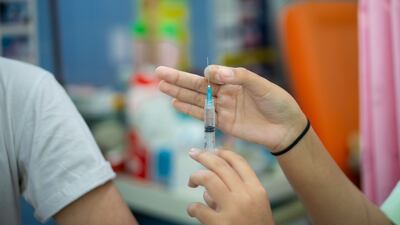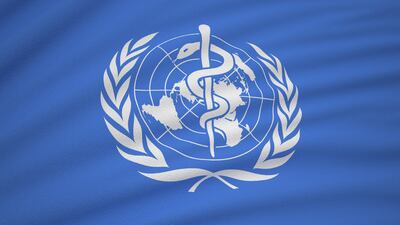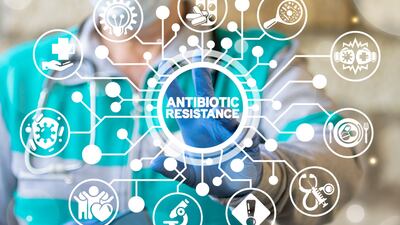International
The Pink Sheet highlights recent comments and insights from pharma officials and executives on key issues we are covering.
To help sponsors developing candidate mpox vaccines, the World Health Organization will soon be finalizing guidance on the preferred and minimum characteristics these products must satisfy regarding efficacy, dose regimen and other aspects to secure regulatory approval.
The WHO’s emergency committee has warned of a lack of understanding of the epidemiology of mpox, the limited availability of vaccines, and the complexities of donations and procurement.
An ongoing collaborative initiative involving global regulators assessing post-approval manufacturing changes has highlighted the need to establish a standardized platform that can facilitate the submission and regulatory evaluation of such changes.
Regulators can help companies to determine which biomarker is right for their development program before starting clinical trials, boosting the chances of success, Ipsen’s head of early development says.
The latest report on the competitiveness of the UK’s life sciences sector shows that the nation “continues to underperform” on its potential in terms of the adoption of new treatments and innovation, according to industry body the ABPI.
Industry and other stakeholders have been invited to comment on the World Health Organization’s revised guide on the development of next-generation influenza vaccines.
Globally harmonized guidance on evaluating the viral safety of biotechnology products has undergone major revisions for the first time in over two decades to address a raft of scientific advances. Manjula Aysola explores the changes and their impact for manufacturers.
Seth Berkley, epidemiologist and former CEO of Gavi, the vaccine alliance, has emphasized the importance of making “investments in peacetime” to prepare for pandemic threats and called for a “mindset change” among global governments.
AI-generated vaccines, fast-moving regulatory systems and scalable manufacturing platforms will be key in preparing for future pandemics, according to vaccine and immunology experts including the CEOs of CEPI and Gavi.
J&J says it has “exhausted all current viable avenues” to get its antidepressant nasal spray Spravato reimbursed on England’s National Health Service, after NICE decided against re-appraising the drug following numerous funding rejections.
New guidance from the International Council for Harmonisation is designed to tackle problems companies face by having to meet different requirements around the world when evaluating the potential of DDIs for their investigational products.
The Pink Sheet highlights recent comments and insights from pharma officials and executives on key issues we are covering.
The amendments agreed by the World Health Assembly include a definition of a pandemic emergency as well as ways to help improve access to health products.
At this week’s World Health Assembly, a working group will be set up to discuss the next steps for talks on a global pandemic treaty and try to reach a final agreement on amendments to the International Health Regulations.
The final version of amendments to the IHR is due to be discussed at this week’s World Health Assembly, alongside the way forward for the proposed global pandemic treaty.
Pharma firms have a set of tools and strategies at their disposal to ensure access to new antimicrobials while safeguarding their effectiveness, but companies developing some of the most promising drug candidates are not making the most of these tools, according to a new report.
The World Health Organization has developed a draft addendum to its 2023 guideline on the evaluation of mAbs intended for the prevention or treatment of infectious diseases, focusing on supplementary aspects specific to respiratory syncytial virus disease.
The US Food and Drug Administration and the European medicines regulatory network, which includes the European Commission, the European Medicines Agency and 30 national agencies, are now WHO-Listed Authorities under a framework launched in 2022.
Pharma companies seeking a subscription-style contract for new antimicrobials will need to meet a number of requirements, such as guaranteeing surety of supply, meeting key performance measures and complying with specified manufacturing standards.




















